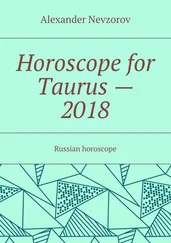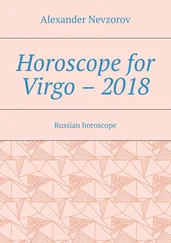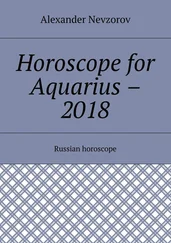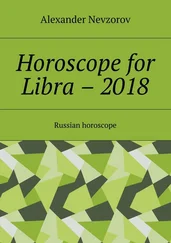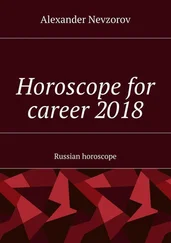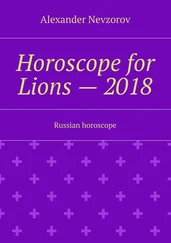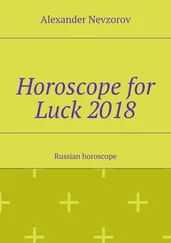A little later the new director came to visit me. Like his predecessor, he was not a pure Russian and was also possibly a Georgian, although he had a very Mongolian cast of features and an unimpressive personality, being short and rather squat. About his previous career I know nothing, and the only foreign language he appeared to speak with any fluency was German.
The director said that he was very anxious for me to go abroad on my new assignment as soon as possible. The one great delaying factor was documentation. He said that the Centre could produce admirable passports, as well as the originals if not better, but the day of the forged passport was over for the moment. Owing to post-war restrictions and controls, it was essential for an agent to have a passport whose number and particulars tallied exactly with the details in the central archives of the issuing country. In the old days when travel was easier and authorities less suspicious it had been enough to have a well-forged passport, such as the Special Department of the Centre could turn out in a matter of days. Nowadays, however, there was a tendency for suspicious travel-control authorities to check up with central records and so only the genuine article would do.
There was no doubt from the director's and Victor's conversation that the Centre's network in the States was in a bad way. Only a proportion of their agents had been uncovered or compromised by the Canadian affair, but the moral effect on the remainder had been great. The publicity accompanying the case had thoroughly put the wind up their various sources and many of them had "dried up" or firmly "gone private" rather than risk detection and the inevitable publicity which would have followed. The Centre was determined to build up the network again from the bottom.
The first result of the new director's decision to use me as soon as possible was my despatch in the early autumn of 1946 to one of the Centre's secret training establishments near the village of Sehjodnya, some twenty-five miles northwest of Moscow. The place had been used during the war to house a portion of the General Staff and then later had been turned into a prison for high-ranking German officers. There were many similar establishments in the neighbourhood, all under the control of the General Staff and some still used as prisons. In one, quite close by, was a group of czarist generals who had been taken prisoner while serving with the Japanese forces in Manchuria. These were shot about November. Other prisoners must have met a similar fate, as this was not the only time I heard the crackle of machine-gun fire at dawn.
The place, if somewhat primitive, was not uncomfortable. The main building was a sixteen-room log house standing in its own timbered grounds of about five acres. The whole was surrounded by a high wooden fence crowned with barbed wire. The staff, consisting of a housekeeper, a cook, and a maid of all work lived apart in a small log cabin in the grounds.
At this establishment I was to receive intensive training in the latest developments in the technicalities of espionage, ranging from microphotography to sabotage equipment and secret inks. This was the theory, but as so often in Russia the actual results in practice lagged far behind. I was the first pupil, and whether it was that the school was not yet properly organised or whether it was sheer incompetence I do not know, but in fact I learned singularly little during my time there. I lived in the house together with the director of the establishment, "Vladimir," a genial Georgian who spoke good German, having worked in Germany for the Centre before the war. In theory I was taught by instructors who came out to the house for the purpose. In fact I received instruction in radio procedure and technique from a teacher who knew little more than I did, and my instructor in, photography appeared only twice, when he fell ill. I received some vague instructions in regard to secret ink, but the only details I can remember were on the use of Pyramidon, which is developed by iodine, and this I had known of in Switzerland and knew it was a low-grade ink for secret use. In fairness to the Centre it is possible that they sent me there so that I should not think my time was being wasted, while they thought out ways and means of getting me abroad. I was later told when I was on my way to Germany, that before I finally left on my mission I would be taken back to Moscow for a last-minute course in all the very latest developments.
At Sehjodnya I was visited frequently by Victor and on occasion by the director. Plan after plan, formulated to get me good documentation, was discussed and had finally to be discarded. In the end it was decided that I should be documented as a German and that my headquarters was to be the Argentine and not Mexico. My primary mission remained as always to set up an organisation to work in and against the United States. It was planned that I should arrive in Berlin ostensibly as a repatriated prisoner of war and take up a new identity and a new life there.
My life story as worked out by the Centre was as follows. I was a German, Albert Mueller, born in Riga in 1905, of a German father and an English mother. In 1919 my parents moved to Spain and there they both died, leaving me an orphan. I had later travelled to Cairo and the Far East and at the end of 1940 I had returned to Europe via the Trans-Siberian Railway to Koenigsberg in East Prussia in order to collect an inheritance which had been left me by my uncle. The authorities had not permitted me to return to the Far East and in 1942 I had been mobilised as a truck driver in a special transport command and after little or no training been sent with my unit to the eastern front and there I had been captured almost immediately by the Russians at Kalatch near Stalingrad. After being a prisoner of war in various camps on the Lena River in Siberia, I had been repatriated to Germany, owing to ill-health. My English accent was explained away by my English mother and the fact that in the Far East I had associated a lot with English people.
I remember that I objected to this story in respect to the time and place of my capture, for it appeared likely that if I said I had been captured near Stalingrad I might easily come in contact with one of the thousands of prisoners who had in fact been taken prisoner there and my story would then be exposed. The director told me not to worry about that as more than ninety per cent of the Stalingrad prisoners had died of typhus in Siberia.
The intention was that I was to live as a German in Berlin in order that I might acquire enough background to enable me later to pass as a German without doubt or question in the Argentine. I was to avoid any open political opinions and to have no connection, open or otherwise, with any sort of left-wing activity. In private I was to favour the extreme right wing and give vent to discreet pro-Nazi sentiments. This was with the object of trying to discover secret Nazis who would vouch for me in the Argentine. If necessary the Centre would facilitate their "escape" to the Argentine or America, and similar facilities would be extended to me. (In this connection it is perhaps interesting to speculate about the many stories of Nazi "escape routes" from Germany. The majority of these can probably be put down to journalists in want of a good story. It appears possible, however, that there may be a grain of truth in the heap of chaff and if so perhaps some of the routes have been organised by the Centre for purposes similar to mine.)
It was decided that I should stay in Berlin for at least six months and probably for a year, in order that I should merge completely into the post-war German background. The director assured me that all was laid on in Berlin and that on my arrival I would at once step into my German identity.
Читать дальше




